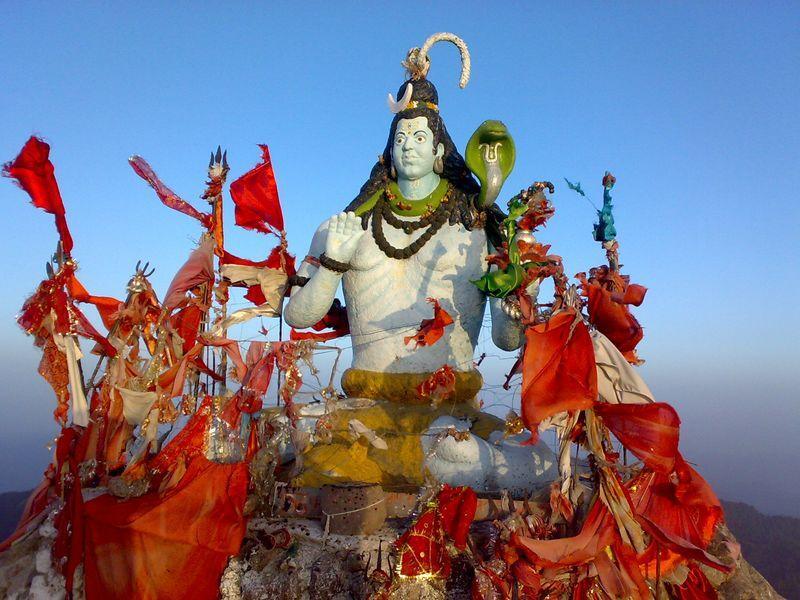
Temple Entry Fee Sparks Rights Row in Himachal
The picturesque state of Himachal Pradesh has been embroiled in a controversy involving the Churdhar Temple in Sirmaur district. The state government’s decision to impose an entry fee on devotees visiting the temple has sparked a heated debate on the intersection of environmental conservation, religious freedom, and constitutional rights. The Churdhar Temple is not only the highest peak in the outer Himalayas but also a deeply significant spiritual destination for communities across Himachal Pradesh and Uttarakhand.
The move to impose an entry fee was reportedly taken to ensure the conservation of the temple and its surroundings, which are of significant ecological importance. The temple is situated at an altitude of 12,000 feet and is surrounded by dense forests and alpine meadows. The state government has argued that the entry fee will help to manage the large number of pilgrims visiting the temple, thereby reducing the environmental impact of their presence.
However, the decision has been met with widespread criticism from religious leaders, devotees, and civil society organizations. Many have argued that the imposition of an entry fee is a violation of the fundamental right to freedom of religion guaranteed by the Indian Constitution. They point out that the temple has always been open to devotees without any restriction, and the entry fee is a new and unwarranted imposition.
One of the main concerns is that the entry fee will disproportionately affect the underprivileged sections of society, who may not have the resources to pay the fee. This could potentially create a barrier to religious practice and undermine the principle of equality enshrined in the Constitution.
The controversy has also raised questions about the role of the state in managing religious institutions. Many argue that the state should not interfere in the administration of religious institutions, and that such decisions should be left to the religious authorities. Others point out that the state has a constitutional duty to protect and preserve the environment, and that this cannot be achieved without some form of regulation.
The debate has also highlighted the tensions between environmental conservation and religious freedom. While it is essential to protect the environment, it is equally important to respect the religious beliefs and practices of communities. The state’s decision to impose an entry fee has been criticized for prioritizing environmental concerns over religious rights.
The Himachal Pradesh High Court has intervened in the controversy, issuing a stay on the collection of the entry fee pending a final decision on the matter. The court has also sought the views of the state government, the temple authorities, and other stakeholders on the issue.
In the midst of the controversy, the state government has announced that it will review the decision to impose the entry fee. The review committee has been tasked with examining the feasibility of the entry fee system and exploring alternative measures to manage the large number of pilgrims visiting the temple.
The Churdhar Temple controversy is a complex and sensitive issue that requires a nuanced and thoughtful approach. While environmental conservation is essential, it is equally important to respect the religious beliefs and practices of communities. The state government’s decision to impose an entry fee has sparked a wider debate on the intersection of environmental conservation, religious freedom, and constitutional rights. It is essential that the government and the temple authorities engage in a constructive dialogue with stakeholders to find a solution that balances these competing interests.
Ultimately, the fate of the Churdhar Temple and the thousands of devotees who visit it every year hangs in the balance. Will the state government’s decision to impose an entry fee stand, or will it be reconsidered in light of the concerns and objections raised by various stakeholders? Only time will tell, but one thing is certain – the controversy has sparked a wider debate on the role of the state in managing religious institutions and the intersection of environmental conservation and religious freedom.
Source:
https://www.tribuneindia.com/news/himachal/temple-entry-fee-sparks-rights-row/






